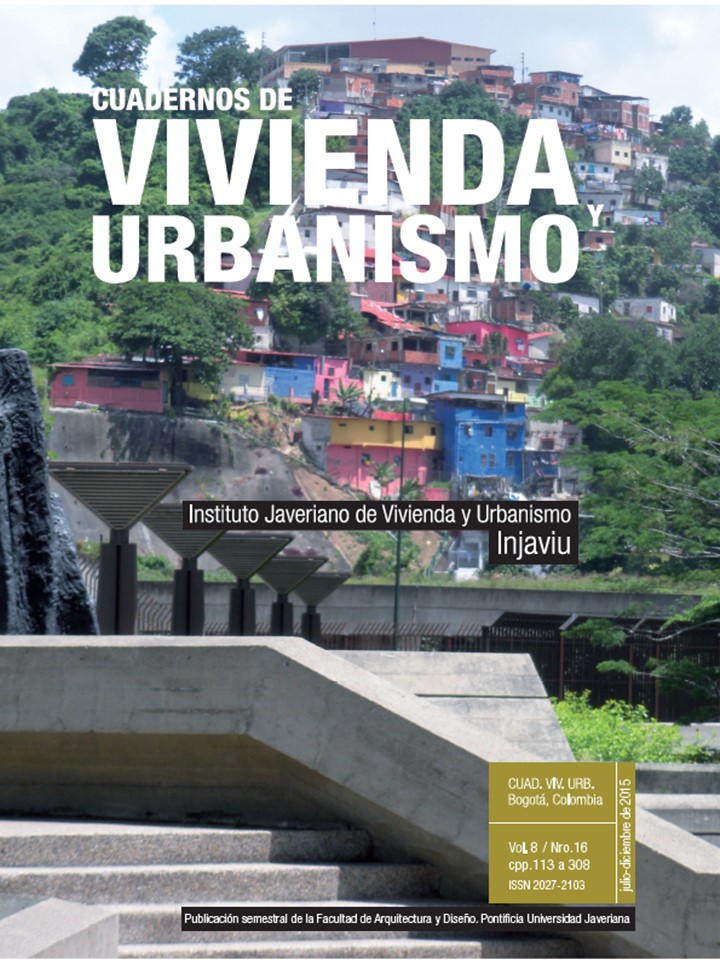Abstract
This paper disseminates the outcomes of a series of interdisciplinary and multi-sector research seminars that focused on current development problems in a region of fast urban growth. Qualitative data was collected during round table discussions and workshops involving practitioners and government officials from some of the largest economies in Latin America. The authors then grouped these discussions into coherent themes and framed them into current scholarly debates. After assessing the suitability of theory to respond to practice, the paper concludes with four key areas for further research, with the final aim to encourage more scholarly analysis that can better inform development policy in emerging economies.
This journal is registered under a Creative Commons Attribution 4.0 International Public License. Thus, this work may be reproduced, distributed, and publicly shared in digital format, as long as the names of the authors and Pontificia Universidad Javeriana are acknowledged. Others are allowed to quote, adapt, transform, auto-archive, republish, and create based on this material, for any purpose (even commercial ones), provided the authorship is duly acknowledged, a link to the original work is provided, and it is specified if changes have been made. Pontificia Universidad Javeriana does not hold the rights of published works and the authors are solely responsible for the contents of their works; they keep the moral, intellectual, privacy, and publicity rights.
Approving the intervention of the work (review, copy-editing, translation, layout) and the following outreach, are granted through an use license and not through an assignment of rights. This means the journal and Pontificia Universidad Javeriana cannot be held responsible for any ethical malpractice by the authors. As a consequence of the protection granted by the use license, the journal is not required to publish recantations or modify information already published, unless the errata stems from the editorial management process. Publishing contents in this journal does not generate royalties for contributors.


